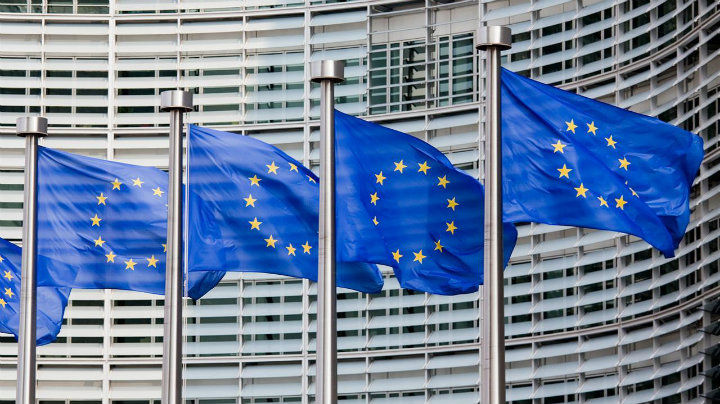EU parliament discusses Maldives human rights situation
MEPs discussed “the continued lack of respect for the peaceful expression of the political opposition, worsening security trends including sharp radicalisation of parts of society and the high number of foreign fighters from the country joining the ranks of ISIS, as well as the overall decrease in the respect for fundamental rights and freedoms.”

27 Jun 2017, 09:00
The foreign affairs committee of the European Parliament on Monday discussed the human rights situation in the Maldives, raising concerns over radicalism and the reintroduction of the death penalty.
Briefing committee members, Dietmar Krissler, head of the European External Action Service for the Maldives region, said the “political and human rights situation” has been a source of concern since President Abdulla Yameen came to power in November 2013.
“We deplore that many opposition leaders are in prison or restricted in their movements,” he said, noting that many were convicted under controversial anti-terrorism laws and disqualified from challenging Yameen in next year’s presidential election.
“There’s also a worrying trend of reduced freedom of expression and freedom of association and some journalists and media are facing intimidation and harassment.”
Become a member
Get full access to our archive and personalise your experience.
Already a member?
Discussion
No comments yet. Be the first to share your thoughts!
No comments yet. Be the first to join the conversation!
Join the Conversation
Sign in to share your thoughts under an alias and take part in the discussion. Independent journalism thrives on open, respectful debate — your voice matters.




